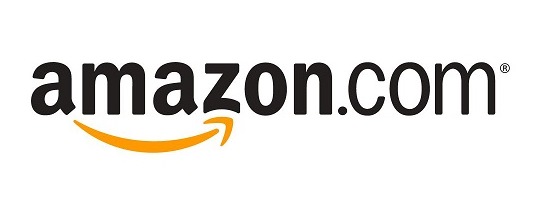
Amazon said in January that it was considering a rise in the range of $20 to $40 a year to its Prime service. The company raised its U.K. and Germany membership fees for Amazon Prime in late February. Amazon said it has not raised its Prime subscription fee in the United States since it was introduced nine years ago while it has added instant video streaming and a lending library for Kindle owners to the original offer of “free” two-day shipping.
Since reporting fourth-quarter earnings in late January, Amazon stock has dropped about 24% from near its all-time high of $408.06 to close at $370.64 on Wednesday night.
The change to the Amazon Prime subscription should give the company’s stock a bit of a boost Thursday. It may be a signal that the company no longer wants to give up profits in exchange for market share. In reality, though, the $20 hike probably will not have much impact on Amazon’s margins.
Amazon may lose some Prime subscribers due to the rate hike, but the company appears to be betting that the desertions will not be substantial. The company undoubtedly believes that it can avoid the kind of negative press that Netflix Inc. (NASDAQ: NFLX) got when it said it was going to split its DVD rental and video streaming businesses — a decision it later reversed.
Shares were up 2% in trading Thursday morning, at $378.80 in a 52-week range of $245.75 to $408.06.
In 20 Years, I Haven’t Seen A Cash Back Card This Good
After two decades of reviewing financial products I haven’t seen anything like this. Credit card companies are at war, handing out free rewards and benefits to win the best customers.
A good cash back card can be worth thousands of dollars a year in free money, not to mention other perks like travel, insurance, and access to fancy lounges.
Our top pick today pays up to 5% cash back, a $200 bonus on top, and $0 annual fee. Click here to apply before they stop offering rewards this generous.
Flywheel Publishing has partnered with CardRatings for our coverage of credit card products. Flywheel Publishing and CardRatings may receive a commission from card issuers.
Thank you for reading! Have some feedback for us?
Contact the 24/7 Wall St. editorial team.




